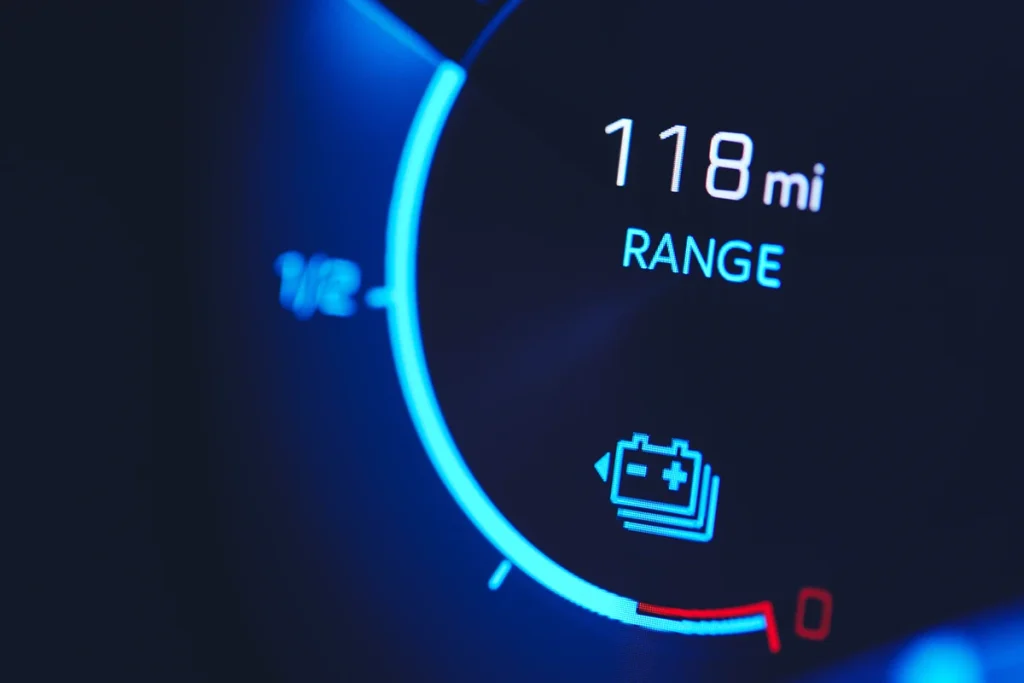Starting in January, individuals shopping for electric vehicles will have the opportunity to receive a $7,500 federal tax credit directly at the dealership, eliminating the need to wait for their tax returns. This exciting change, announced by the Biden administration as part of the Inflation Reduction Act, is being rolled out to car dealerships ahead of its official implementation.
Under the new guidelines set by the Treasury Department, buyers of qualifying new electric vehicles or plug-in hybrid electric vehicles can choose to deduct either4,000 from the cost of a used EV. These adjustments aim to make electric vehicles more financially accessible and encourage their adoption among a wider range of consumers.
By offering the tax credit upfront, the government aims to streamline the purchasing process and remove the burden of waiting for tax returns. This change will make electric vehicles more attractive and financially viable for potential buyers.
The announcement aligns with the Biden administration’s commitment to addressing climate change and promoting sustainable transportation options. By providing the tax credit directly at the dealership, the government hopes to incentivize more individuals to consider electric vehicles, contributing to a reduction in greenhouse gas emissions and a greener future.
According to Laurel Blatchford, Treasury’s chief implementation officer for the Inflation Reduction Act, the newly introduced provisions allow consumers to reduce the initial cost of purchasing a clean vehicle, thereby expanding consumer choices and supporting the growth of car dealerships. In a statement, Blatchford highlighted the IRS’s dedication to improving service and assisting taxpayers in claiming the credits they are eligible for, focusing on streamlining the process for car dealers.
Under the new provisions, more than a dozen new electric vehicle models and their variations qualify for either the full or half of the new credit. However, it is worth noting that a small number of models, mainly foreign-made vehicles, are currently ineligible. Among the eligible electric vehicles, prominent manufacturers such as Ford, General Motors, Stellantis, Tesla, and German carmaker Volkswagen lead the pack, commonly referred to as the “big three” EV automakers in the US.
The availability of these tax credits has also attracted foreign companies to establish electric vehicle factories within the United States, positioning themselves to take advantage of the incentives in the future. This trend reflects the increasing interest and investment in the EV market, with foreign manufacturers recognizing the potential benefits of producing electric vehicles in the US.
A recent study conducted by George Washington University in 2022 has shed light on the importance of providing consumer subsidies upfront in order to drive electric vehicle (EV) adoption. The study surveyed over 2,000 US car buyers and revealed that most respondents preferred receiving immediate monetary incentives rather than waiting until tax season to claim credits. This preference was particularly pronounced among lower-income households, buyers of used vehicles, and individuals with tighter budgets.
Biden administration recognizes the importance of upfront incentives and is taking proactive steps to simplify the dealership process. Dealers are currently being contacted and informed about the registration process on a new federal website, which will eventually enable them to offer consumers up-front tax credits.
Government officials strive to remove barriers and make electric vehicle purchasing more attractive to a wider range of consumers through this streamlined approach. To ensure a smooth and efficient experience, the government plans to reimburse car dealers within 72 hours of the vehicle sale, as stated in a news release from the Treasury.
By catering to the preferences of buyers, particularly those in lower-income brackets and with limited budgets, this initiative seeks to accelerate the transition to cleaner transportation options and contribute to the overall reduction of greenhouse gas emissions.


